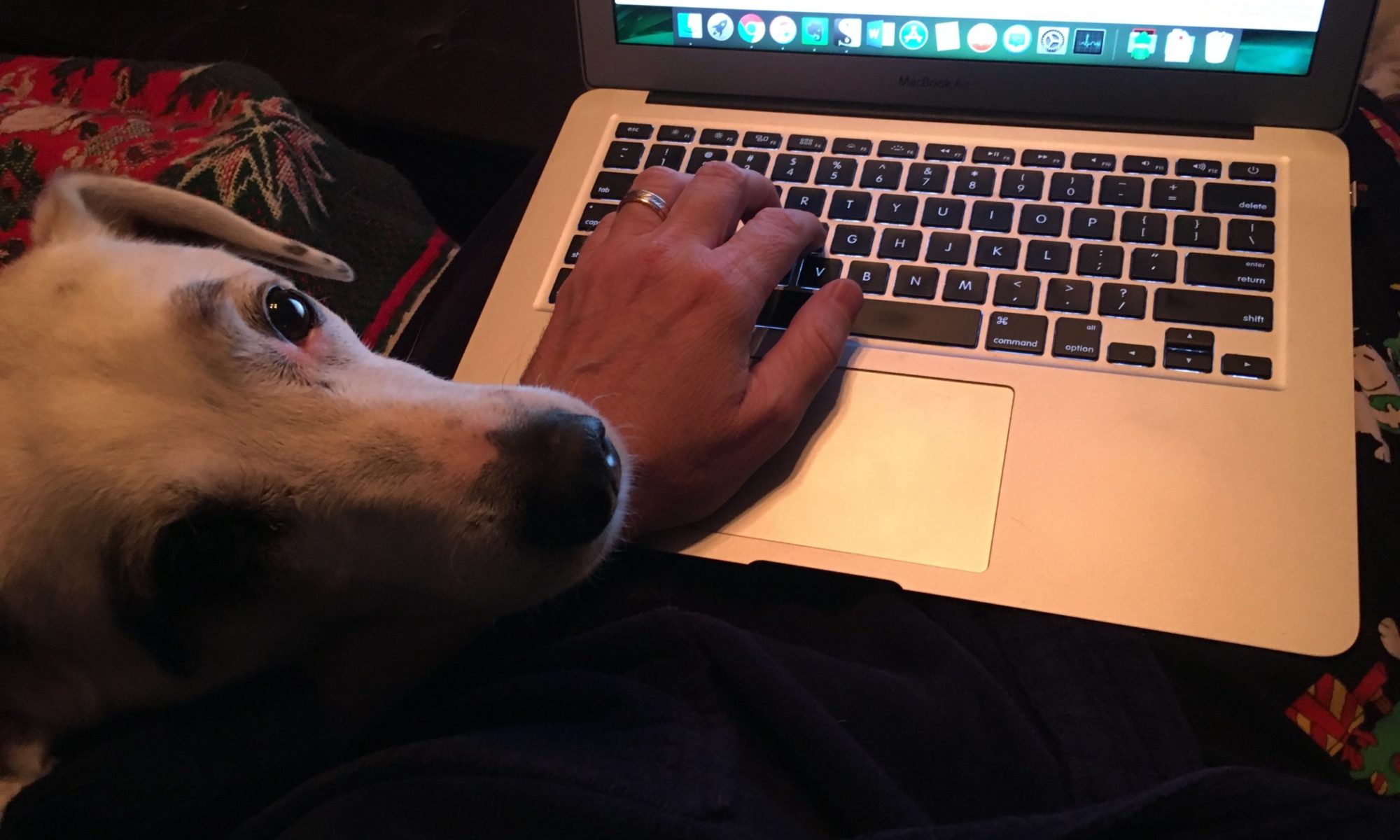I was curious about Neil Gaiman’s writing habits, and Google found a brief interview by Time Out magazine called Neil Gaiman: How I Write. It’s an old interview (2006), but I’m sharing it here because I hadn’t seen it before. Also, I find solace in the self-reported struggles of other writers.
The biggest way my writing habits have changed over the years is I’m no longer nocturnal. In the old days, I would tend to write when everything else that could be done had been done. I’d start around 8pm and work industriously until around 5am. Then, somewhere in the early ’90s, I gave up smoking and that made a difference. Without cigarettes, if I tried doing that I just fell asleep at the keyboard with nothing to show for my efforts but 500 pages of the letter ‘M’. At that stage, I became more diurnal. I think it was having kids; getting older, too.
But now that I am older, I get to indulge myself in ways of making the world quieter which weren’t available to me when I was a young writer. I can rent a little cabin where there’s no cellphone signal or internet and nothing to do except stare at a nearby lake… or write. When I’m pushed, I will borrow houses from friends, occasionally vanish off to a cheap hotel room for a week or two to get my head down and move into that peculiar universe where you know you have stuff to finish and you do nothing but write. You go to sleep with the story bubbling in your head and when you wake up you reach for a notebook.
For screenplays, I work directly on screen – novels I write in longhand. For novels, I like the whole first and second draft feeling, and the act of making paper dirty, whereas, for screenplays, I value the immediacy of a computer. I’ve often thought, when I’m writing a screenplay where I’m six drafts down the line with loads of notes and inputs, that it’s interesting to read the first draft again. Often you realise it was more alive, so you go back and take stuff out of it.
I try to change my superstitions with each project. Working in fountain pen is good because it slows me down just enough to keep my handwriting legible. Often I use two pens with different coloured ink, so I can tell visually how much I did each day. A good day is defined by anything more than 1,500 words of comfortable, easy writing that I figure I’m probably going to use most of in the end. Occasionally, you have those magical days when you look up and you’ve done 4,000 words, but they’re more than balanced out by those evil days where you manage 150 words you know you’ll be throwing away.

